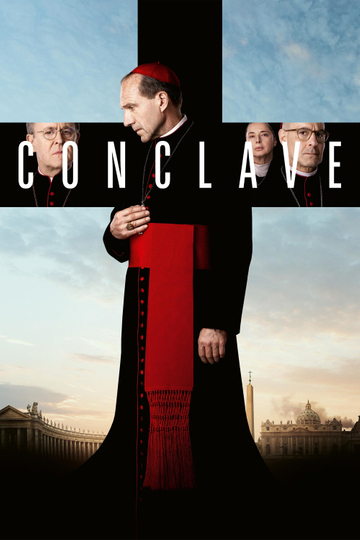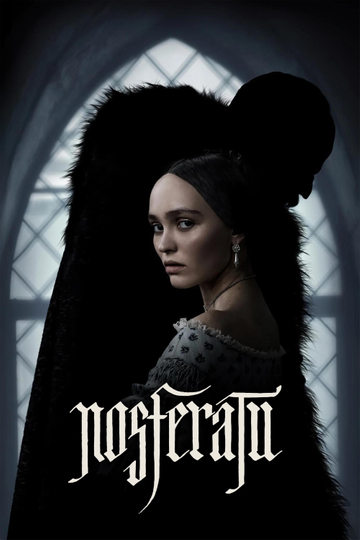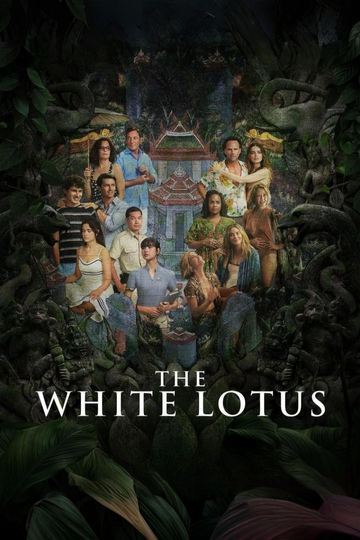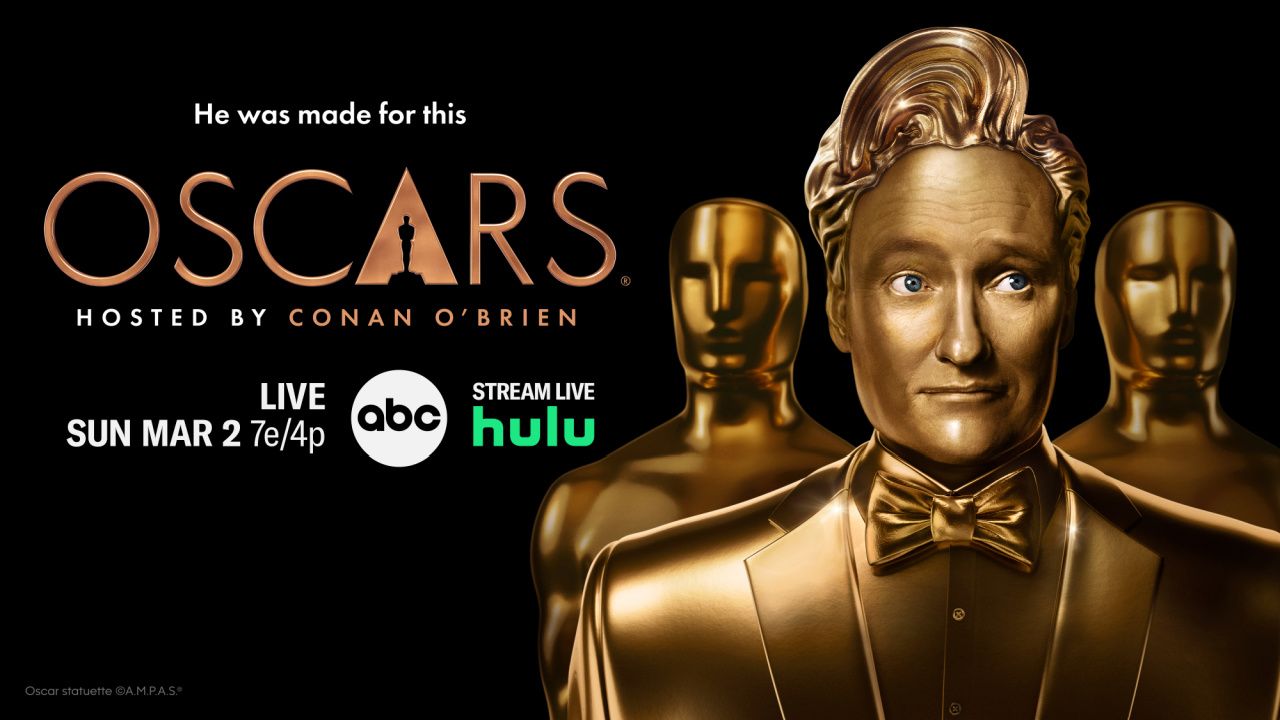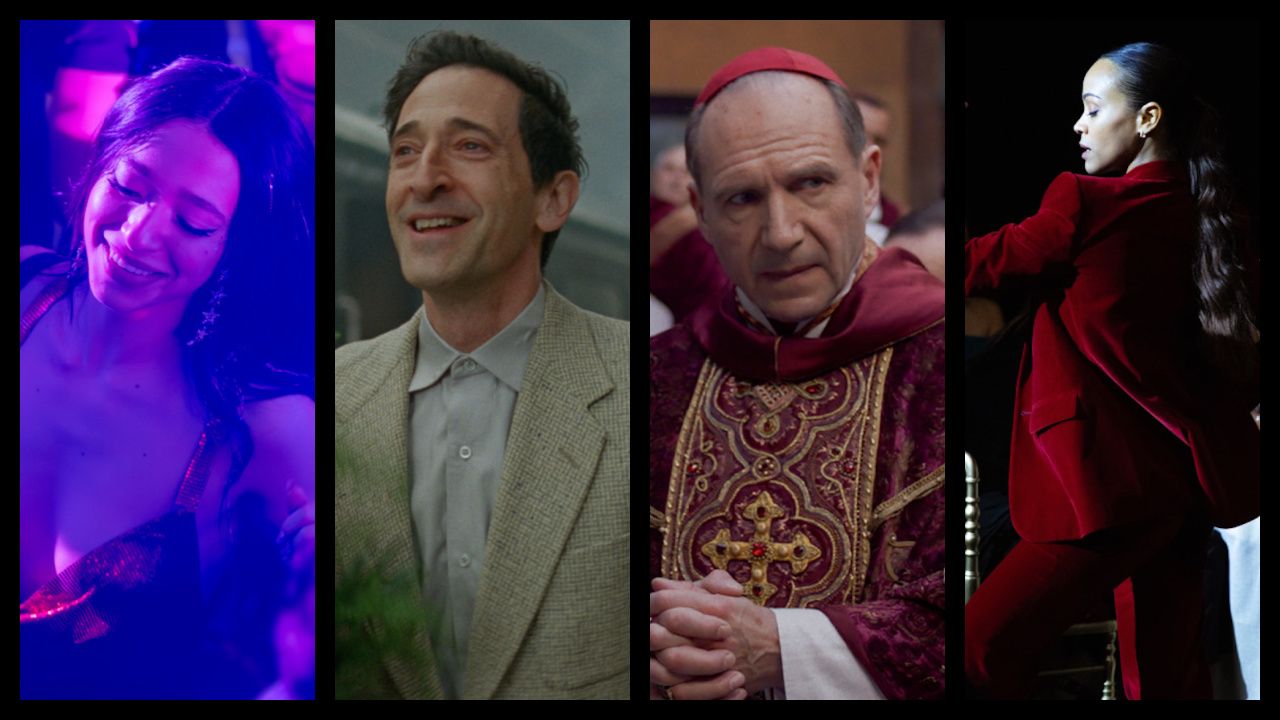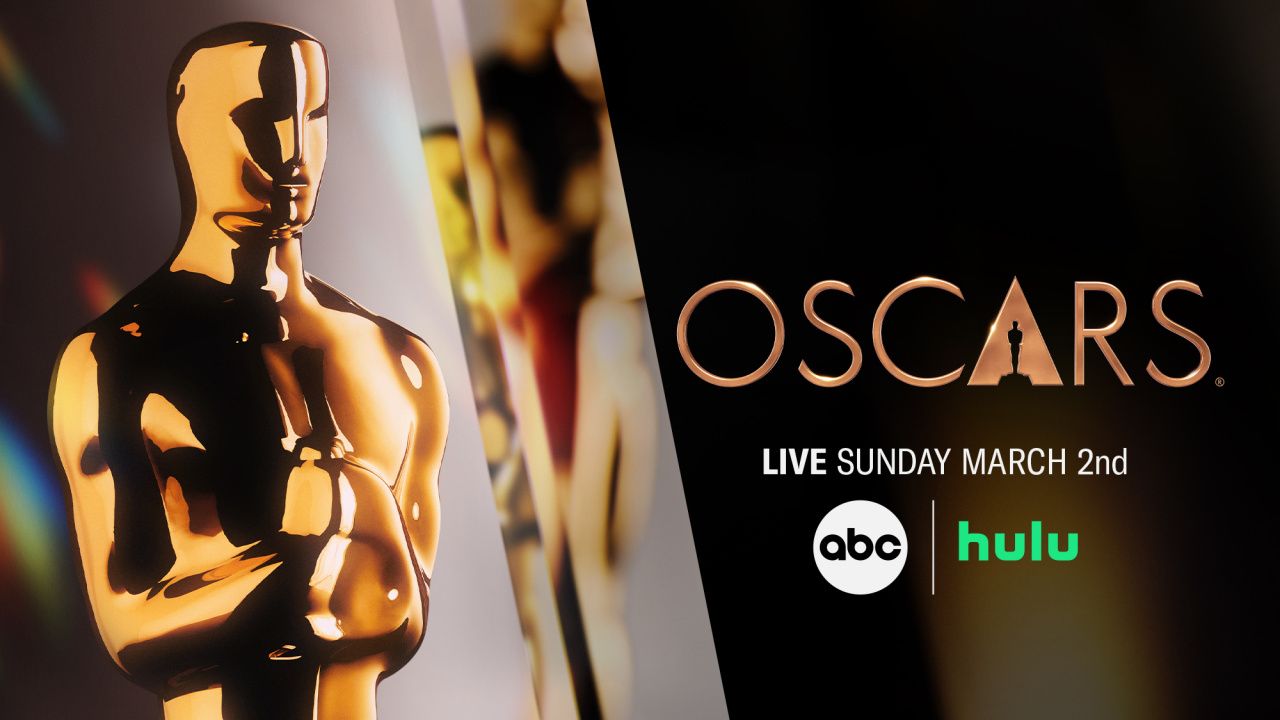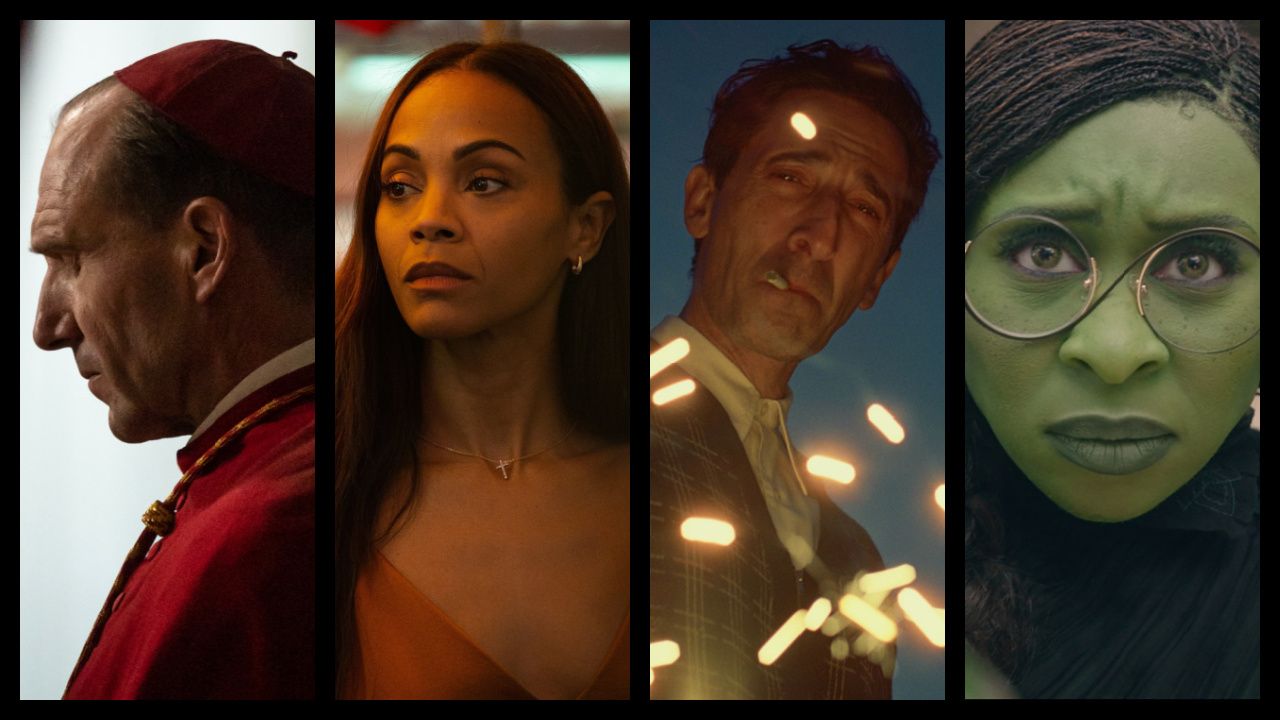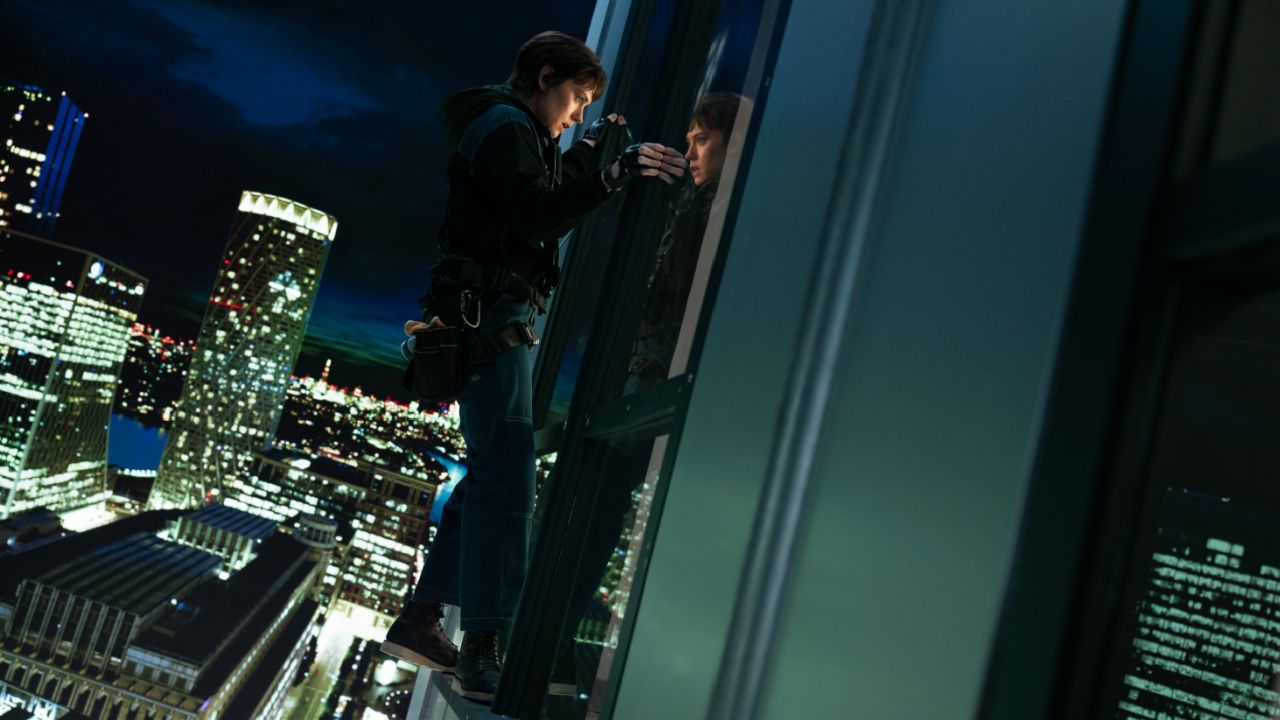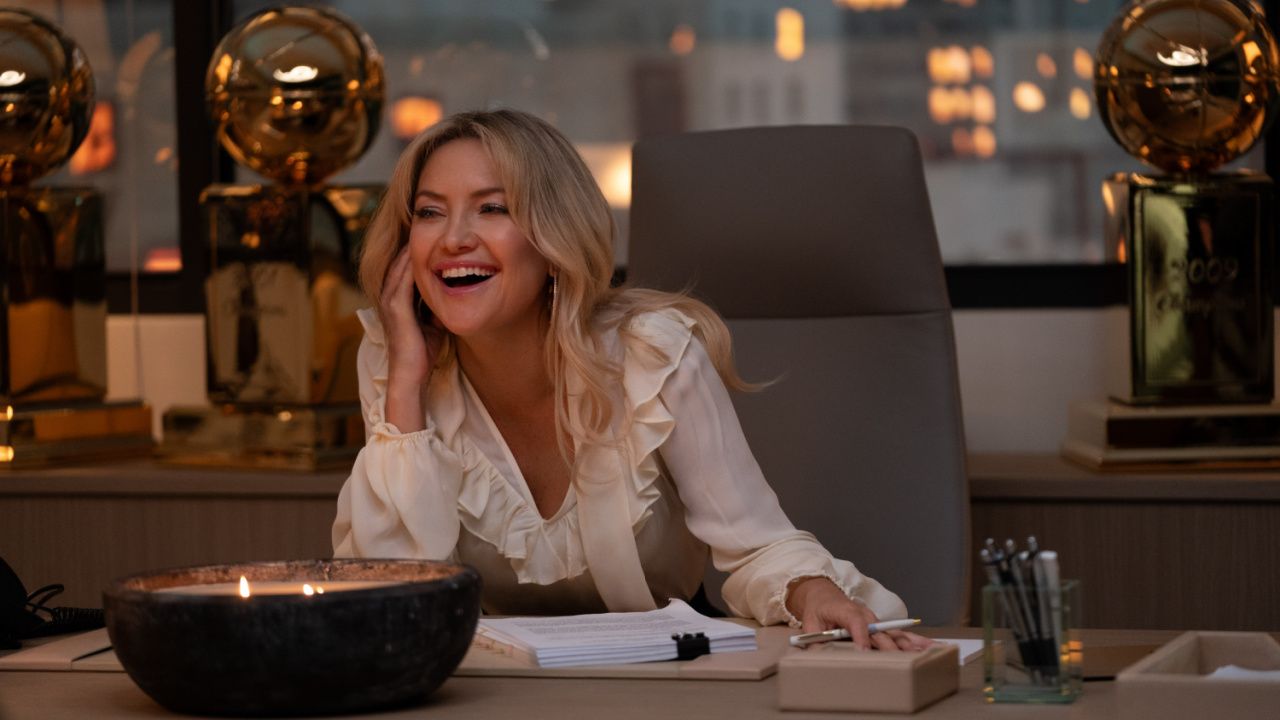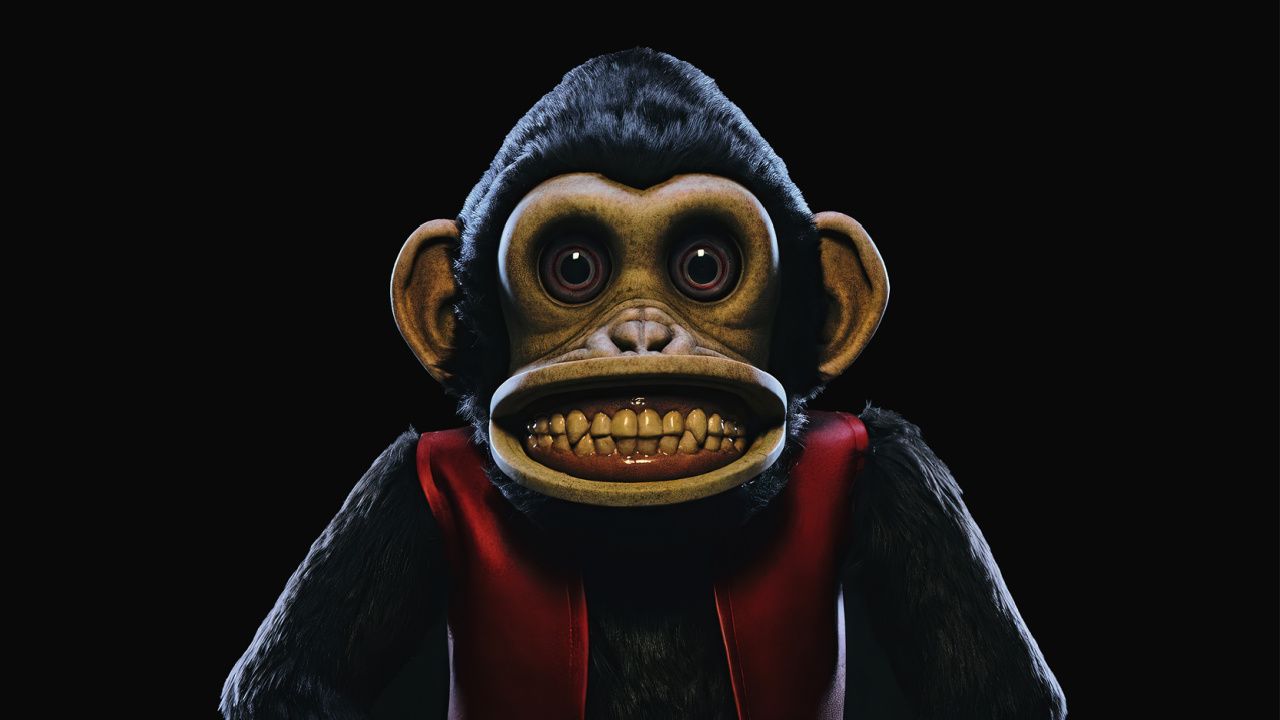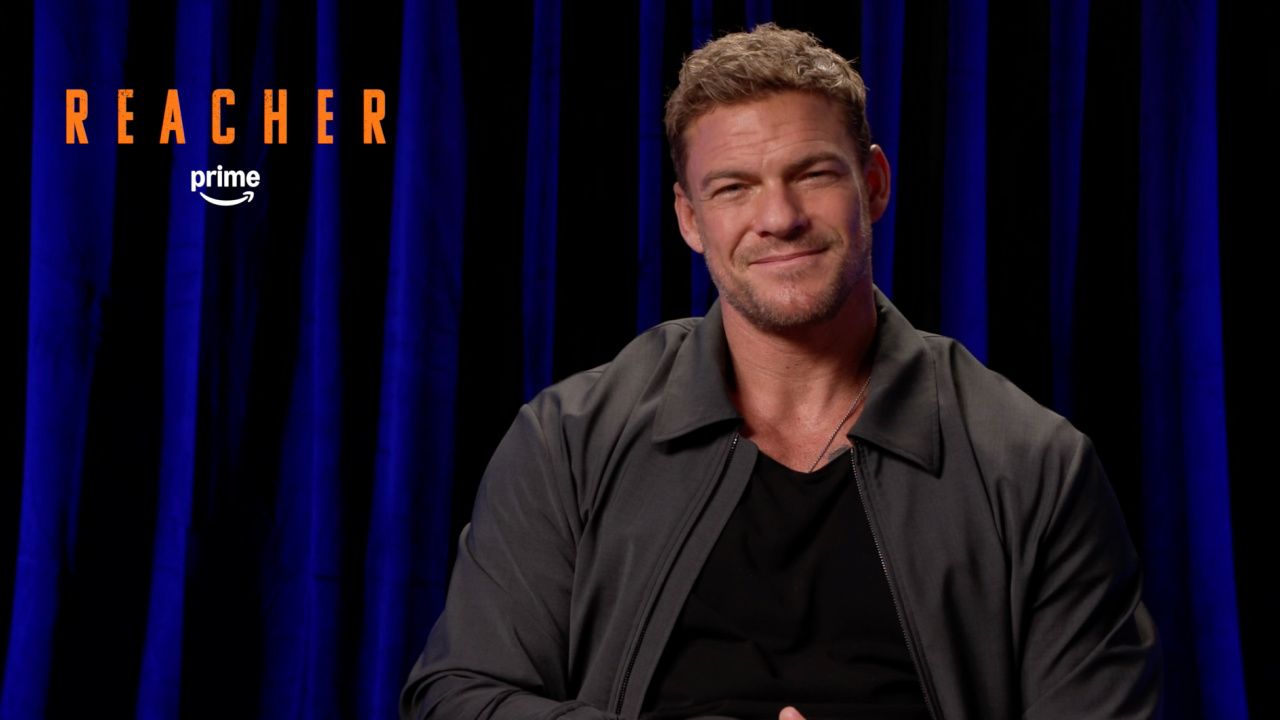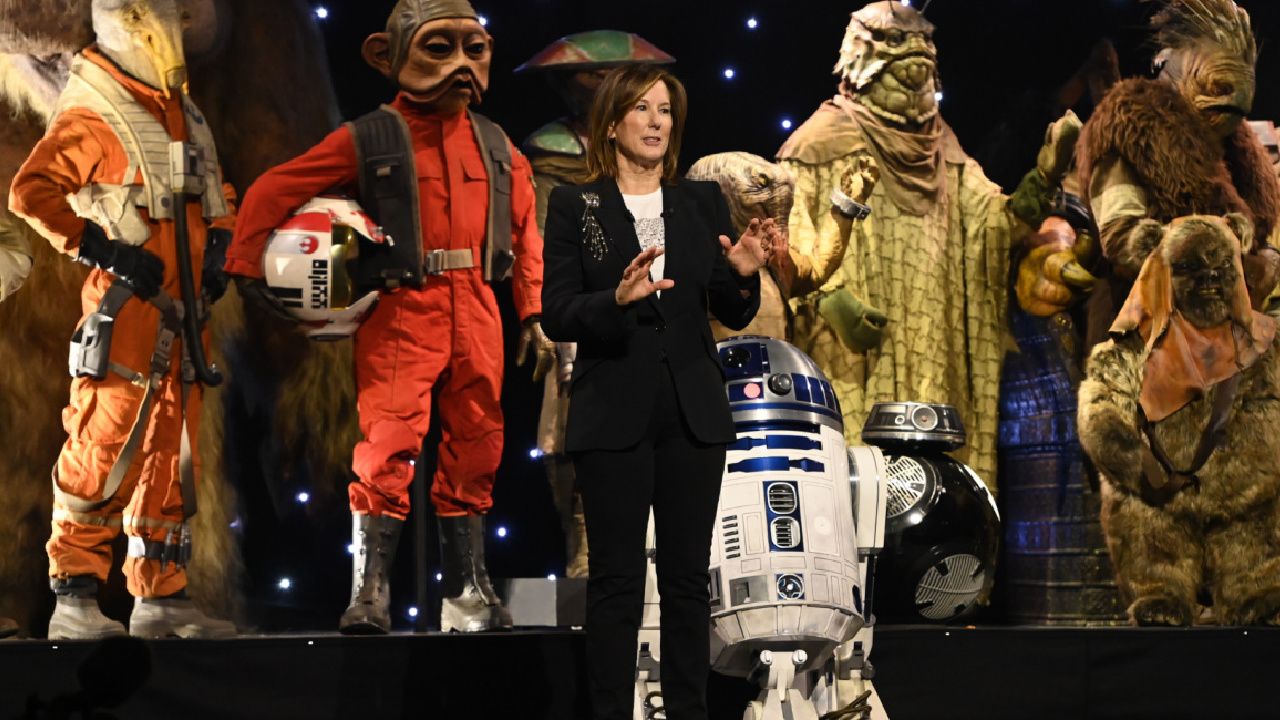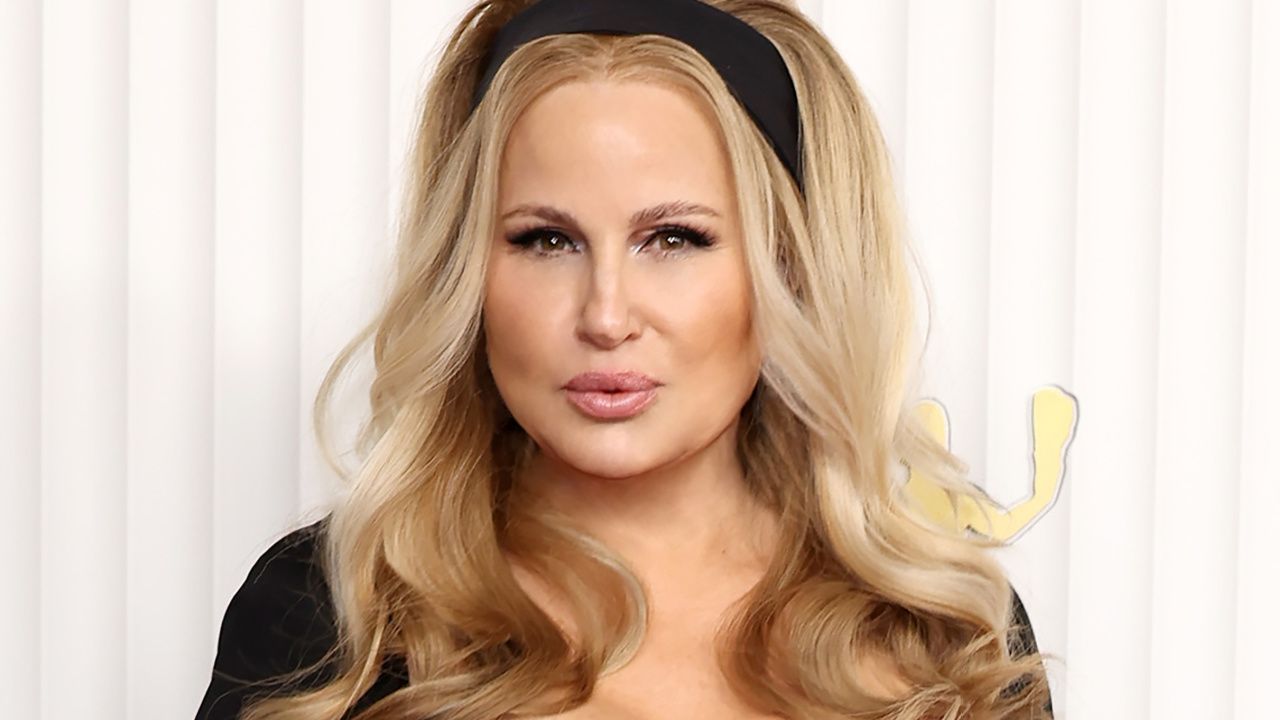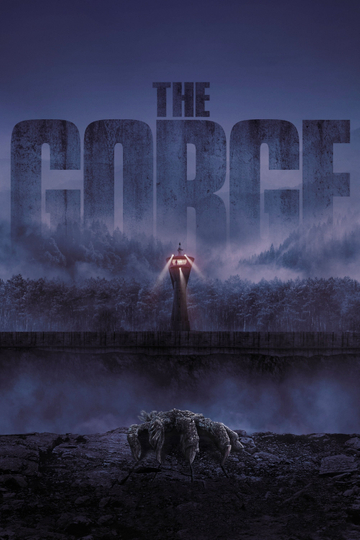Oscars 2016: 5 Lessons From This Year's Crazy Race
The ballots are in and on Sunday, the Oscars will (finally) be handed out.
This year's race has been full of "The Revenant" this and "Spotlight" that. Thankfully, it all comes to an end this weekend -- and us movie-fans could use the rest.
But before the stars and filmmakers stroll down the red carpet, here are five big takeaways from one of the most interesting -- and unpredictable -- Oscars ever.
1. It Ain't Over 'til it's Over
Voting may have ended on Tuesday, Feb. 23, but groups will keep handing out precursor awards -- the Costume Designers Guild, the Motion Picture Sound Editors, the Independent Spirits, even the Razzies -- all handed out after it's too late for them to influence the Oscar balloting. There's a nice irony in the notion that Eddie Redmayne is more likely to win a Razzie on Saturday for "Jupiter Ascending" than he is to win an Oscar on Sunday for "The Danish Girl," but it's not like the Academy is going to hold his performance in the former movie against him when voting on Best Actor; indeed, there's no evidence that Academy members pay any attention at all to the Razzie nominations while voting.
Similarly, there used to be a lot of overlap between the Independent Spirits and the Oscars, especially 10 to 20 years ago, when the major studios had all but abandoned the prestige picture business and let independent distributors dominate the Academy Awards. These days, however, there's a more balanced mix of studio and indie productions at the Oscars, and while Brie Larson ("Room") is just as likely to win Best Actress on Saturday night at the Spirits' beachside ceremony in Santa Monica as she is Sunday at Hollywood's Dolby Theatre, there are very few other nominees in common this year, much less likely winners.
Nonetheless, it's possible that, while filling out their Oscar ballots over the past couple weeks, some voters had the nominees for these late awards in the back of their minds, maybe even enough voters to affect the outcome in some categories. We won't know for certain until the envelopes open Sunday night. Which leads to the next point...
2. Nobody Knows Anything
That's the famous line about Hollywood attributed to screenwriter William Goldman. It's true about Oscar forecasts as well.
This year's race has been especially unpredictable, which analysts have found either fun or frustrating. (I'd like to think I've been in the "fun" camp, but I'll let my readers be the judge.) Put it this way, it's still a three-way melee for Best Picture. While most pundits think "The Revenant" will sweep, there are still some who argue, with valid reasoning, that "The Big Short" will pull it off, or that "Spotlight" (the most old-fashioned, traditional prestige picture of the bunch) still has a good shot. My predictions are now a matter of public record, but if "Big Short" beats "Revenant," if Mark Rylance ("Bridge of Spies") upsets Sylvester Stallone ("Creed") for Best Supporting Actor, or if Kate Winslet ("Steve Jobs") defeats Alicia Vikander ("The Danish Girl") for Supporting Actress, I won't be that surprised.
3. Box Office Hasn't Been That Big of a Factor
"Revenant" is a big hit ($166 million earned to date in North America), but not as big as "The Martian" ($228 million) and only slightly ahead of "Mad Max: Fury Road" ($154 million). Besides "Revenant," Best Picture front-runners "The Big Short" and "Spotlight" have earned $67 million and $38 million, respectively.
The lowest-grossing Best Picture nominee is "Room" ($13 million), which will not stop Brie Larson from winning Best Actress. The point is, there's no "Titanic" or "The Lord of the Rings"-sized blockbuster that demands attention simply for being too big to ignore, and there's no scrappy "The Hurt Locker"-sized indie that will win based on its underdog backstory. There's also no movie that stands to reap millions at the box office from an Oscar victory. Aside from "Revenant" and "Big Short," which opened fairly late in the year, most of this year's Oscar movies are either near the end of their theatrical lives or are already out on video. (The movies that were still playing when they were nominated in mid-January were able to reap the benefits then, but actually winning won't matter much now.)
The studios behind the Oscar-nominated movies may have invested heavily in their awards campaigns, but the amount of business the movies actually did, or may yet do, doesn't seem to have swayed the Academy.
4. The Academy Should Be Proud of This Film Slate
Yes, there have been complaints about snubs; and, of course, #OscarsSoWhite. But among the eight Best Picture candidates, there's really not one that you can say doesn't deserve to be there.
It would have been nice if they'd nominated a full slate of 10 and made room for such overlooked films as "Creed," "Ex Machina," or "Straight Outta Compton," but at least such gripes mean that 2015 was such a good year for movies that the Academy simply couldn't recognize them all. The ones they did pick, as noted above, are a healthy mix of art-house standouts that aren't off-puttingly highbrow and mass-appeal hits that are intelligent and substantive -- exactly the sort of populist-but-critically-acclaimed slate the Academy has been shooting for since it expanded the category in 2009 from five slots to as many as 10.
In the short term, that list, plus the suspense of an unpredictable race, ought to draw viewers to Sunday night's awards ceremony. In the long term, it should result in a top prize winner that, 10 or 20 years from now, won't make movie fans wonder, "What we're they thinking?"
5. The Diversity Issue Isn't Going Away
Think about this: More black performers were nominated in 1940 (the year Hattie McDaniel won for "Gone With the Wind") than in the last two years.
The last time Chris Rock hosted the Oscars, in 2005, there were six nominations for actors of color and two wins. One reason the #OscarsSoWhite protests have been so vocal is that the Academy actually used to do a much better job of recognizing achievement among all performers, not just the white ones. The Academy has been trying in recent years to diversify its membership, and its effort since the public relations debacle of this year's nominations to make the Academy younger have run into some backlash, as well. Especially among older members who don't want to be thrown under the bus just because they haven't racked up film credits in a while. Their argument is the same as that of the protesters: that every perspective has value. They just disagree on how to make the voting more inclusive.
It's been a worthwhile discussion to have, since it's prompted Hollywood to acknowledge that the problem's origins lie not with the Academy but with the entire industry, and that changes have to be made behind the cameras before the results will be apparent at the Dolby Theatre.


